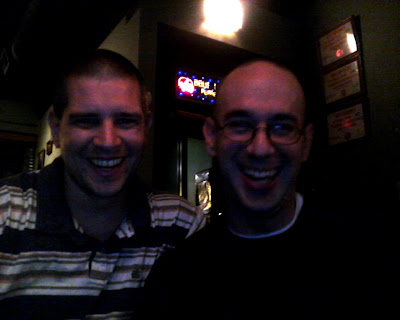 Last night, crossed 20,000 and beyond. Now up to 21978. Blazin’!
Last night, crossed 20,000 and beyond. Now up to 21978. Blazin’!
“Don’t I know it!” Decimal said. “The whole situation makes about the same amount of sense. I mean, it’s not like it hasn’t happened to me before. There was the telegraph guy, the mathematician, the blind guy, the musician, the candy maker…. Each time, each time I received a note under my door with an address and a name and I went, and though I’d never met the man before, I knew him, knew his life, and knew what needed to happen in order for him to fulfill his destiny.”“This is more shitfuck,” Dui said quietly. He still hadn’t quite got the hang of it.“I assure you, I am telling the truth. I have had this same conversation a dozen times and each man has had the same reaction. The same responses. The same disbelief. So, each time I have tried a different tactic. Some have worked better than others. I will make a note that mysterious and cryptic is not the right tack to take. Maybe next time I’ll figure it out.”“Who. The. Hell. Are. You?”“My name is Jonathan Decimal. I’m a facilitator. A synergizer. A catalyst for change in a volatile environment. I help men find their goals, achieve their aims, reach new heights. Where great men are stuck, I am there to help.”“And you are here to help me?”“That is correct. I am here to help you. Together, we’ll make you a great man.”Dui still didn’t fully trust Decimal, the story was so fantastic that it defied belief, but at least the man’s intentions seemed benign. “Well then, Decimal. What exactly are we going to do? Where does my future lie?”“I don’t know exactly, Dewey,” Decimal admitted. “But I do know one thing.”“What’s that?” Dui asked.“It’s going to have something to do with dots.”






